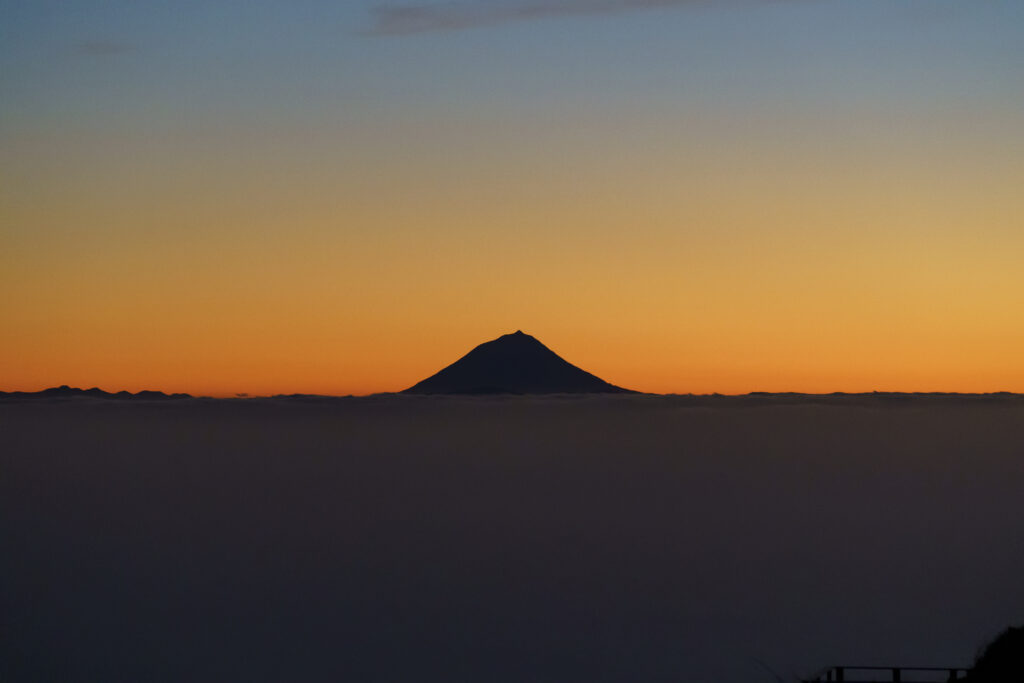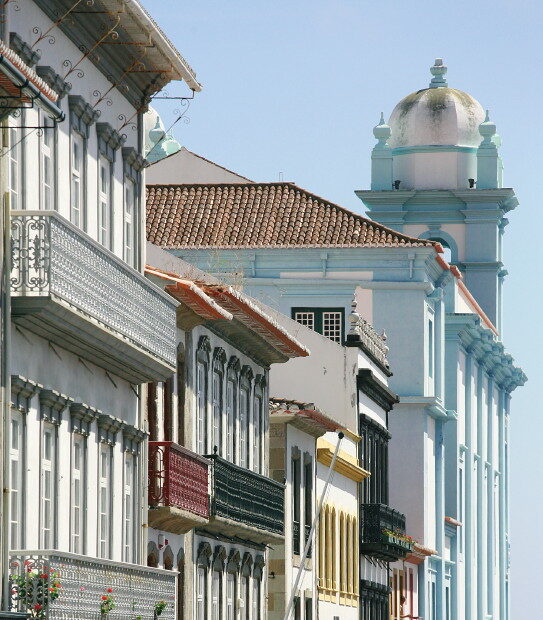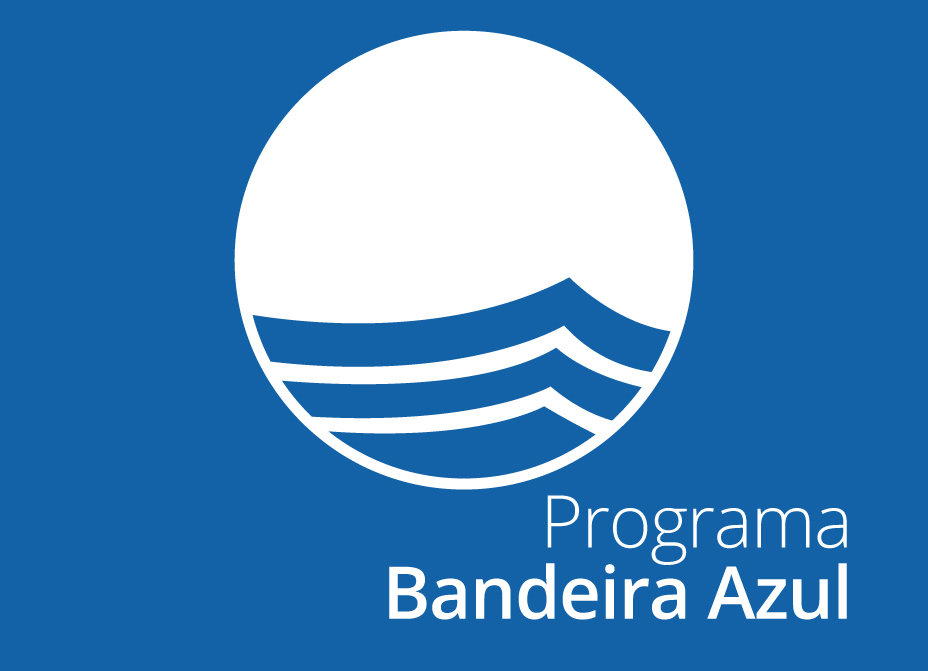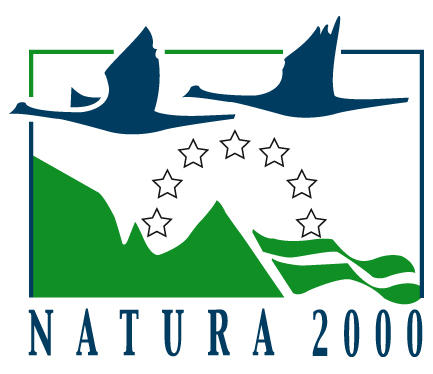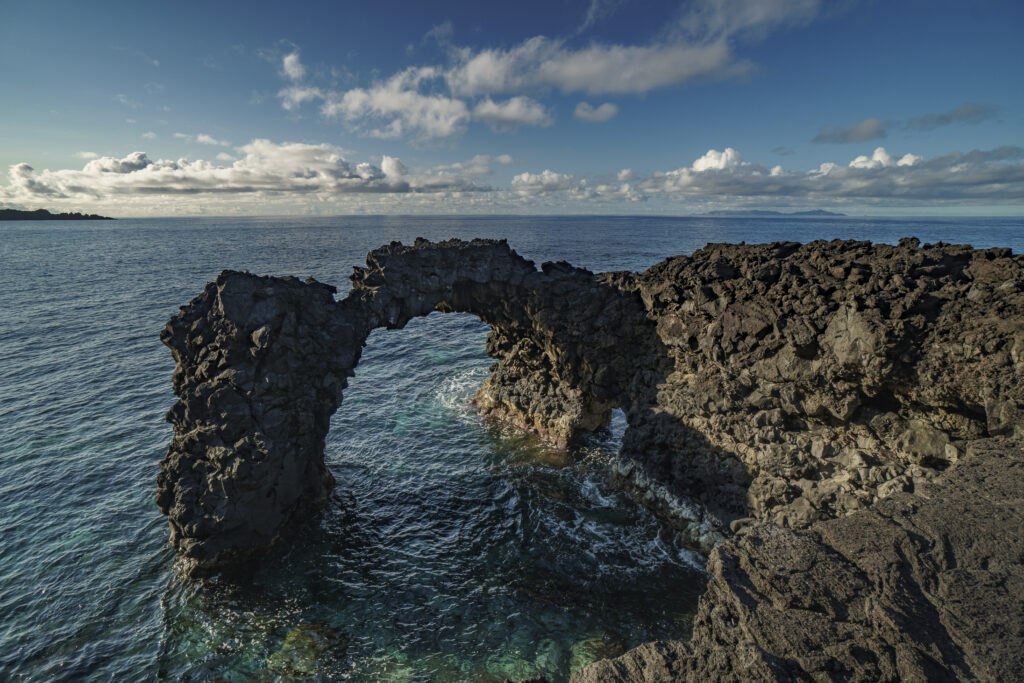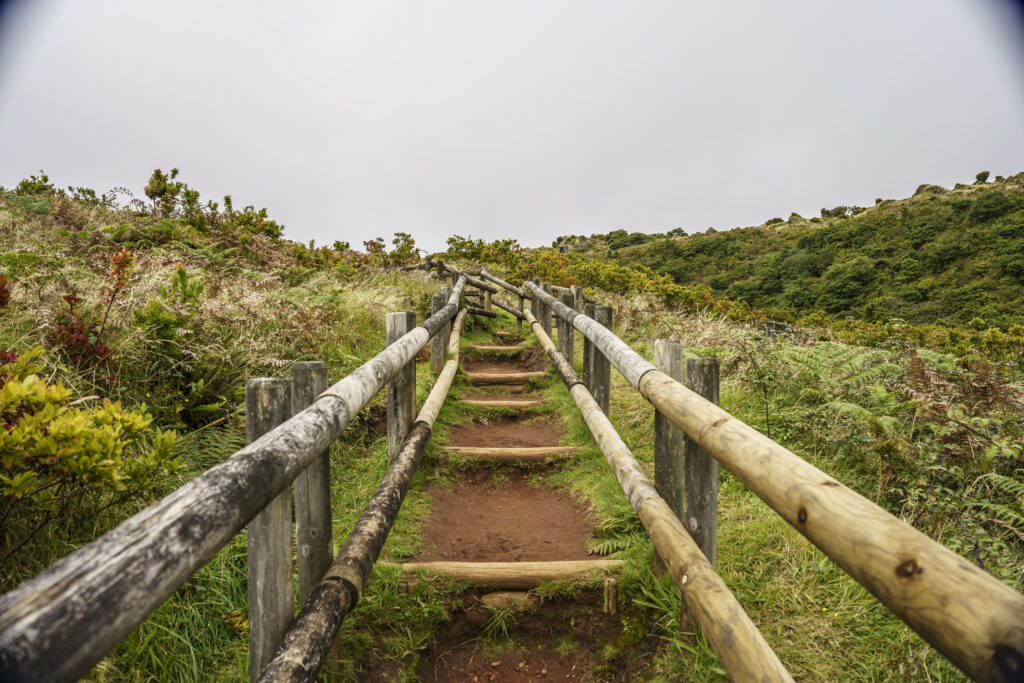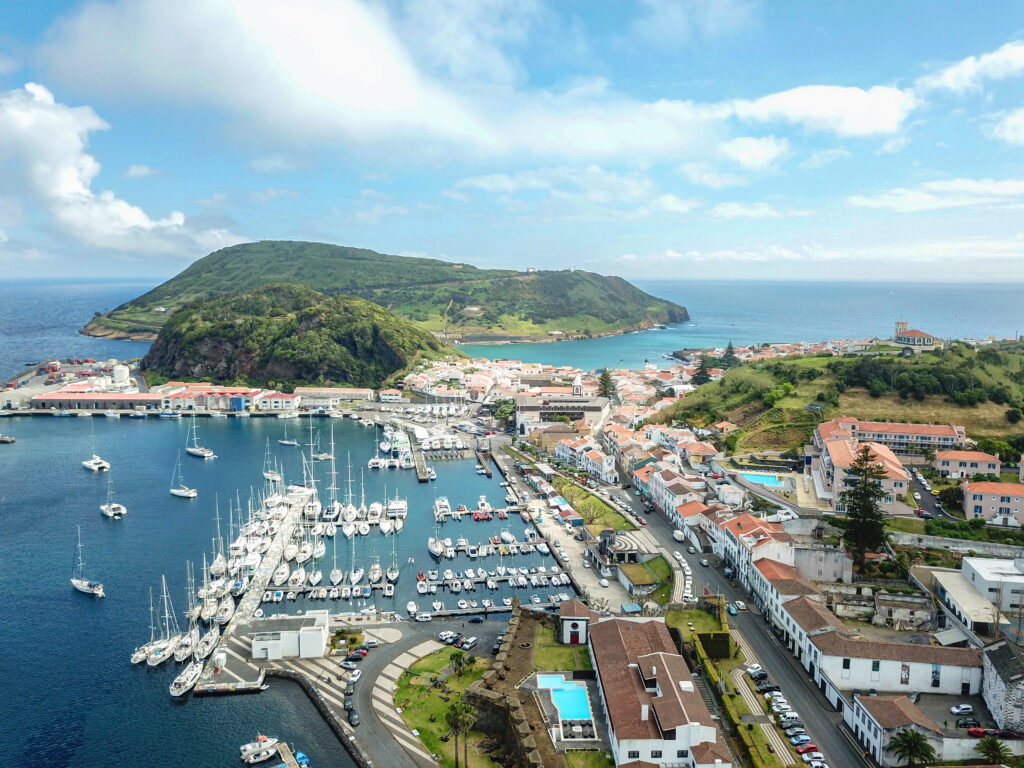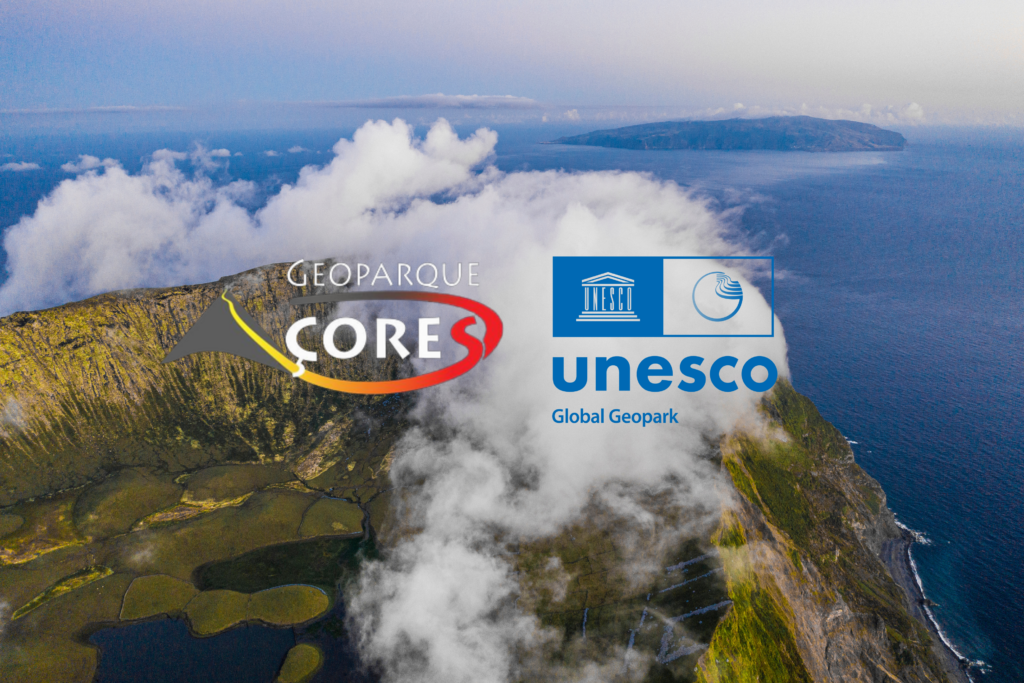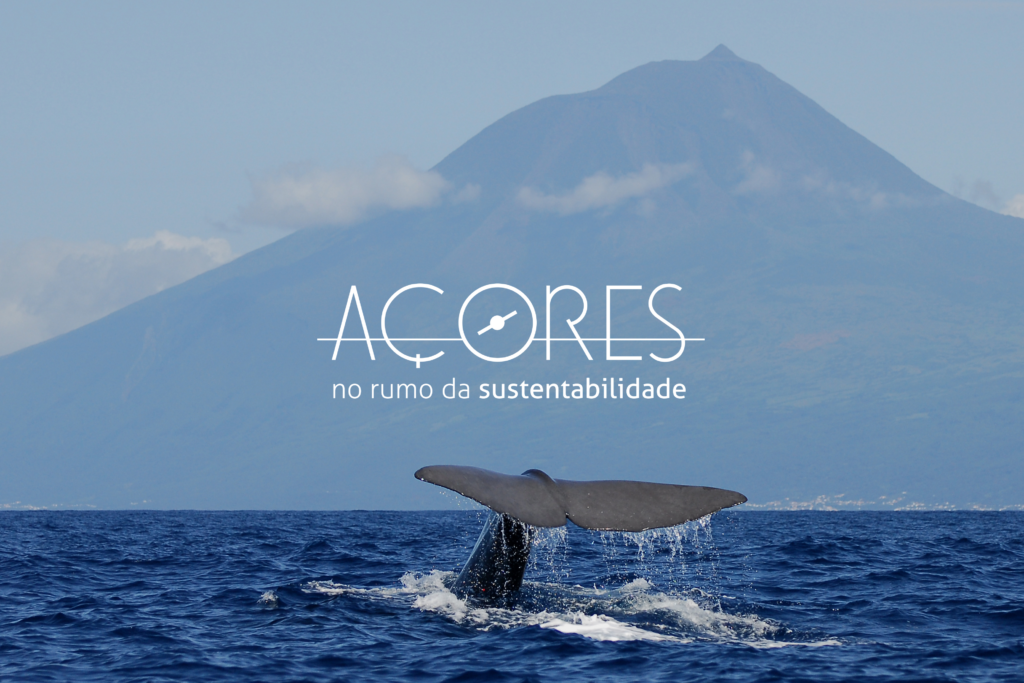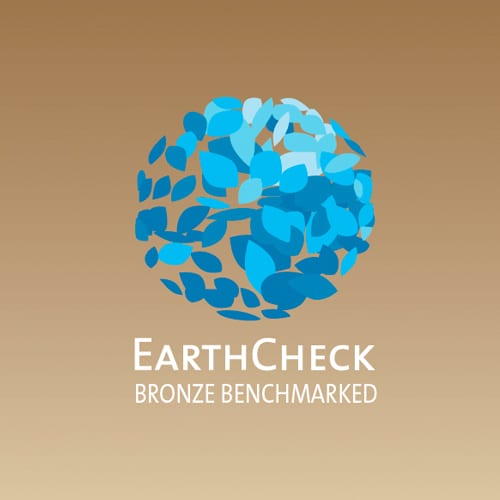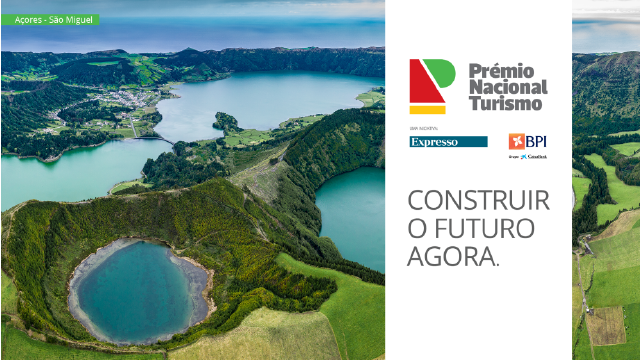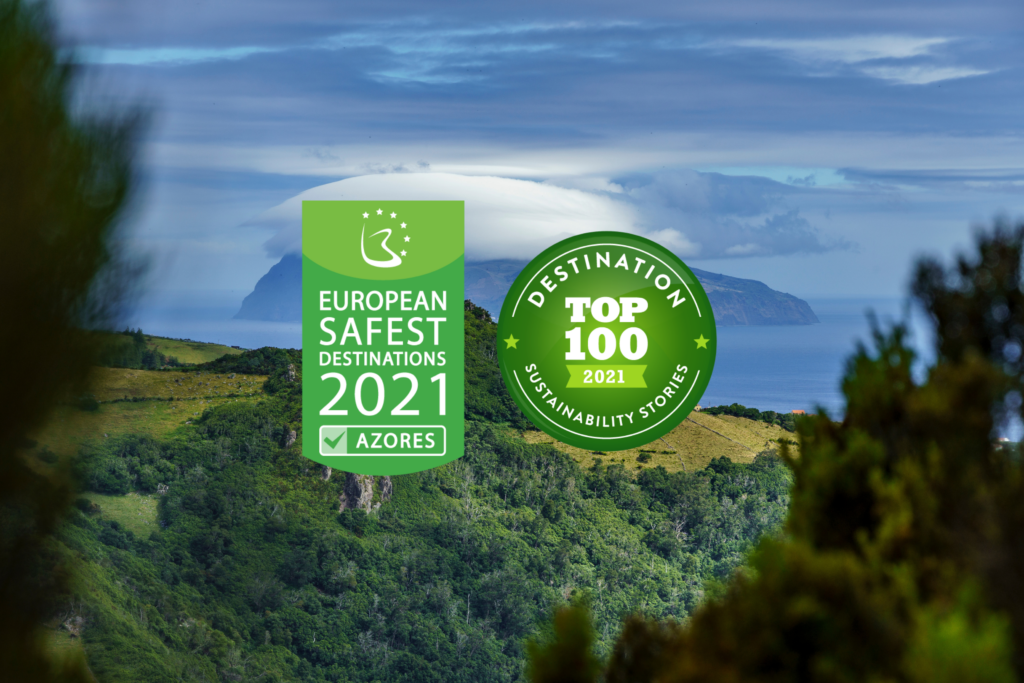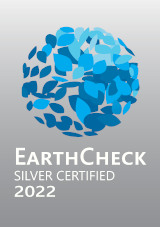The sustainability path
Creation of the Natural Reserves of Faial and Pico mountain.
UNESCO recognizes the Historical centre of Angra do Heroismo as World Heritage
Blue Flag Programme implementation
Creation of Natura Network 2000
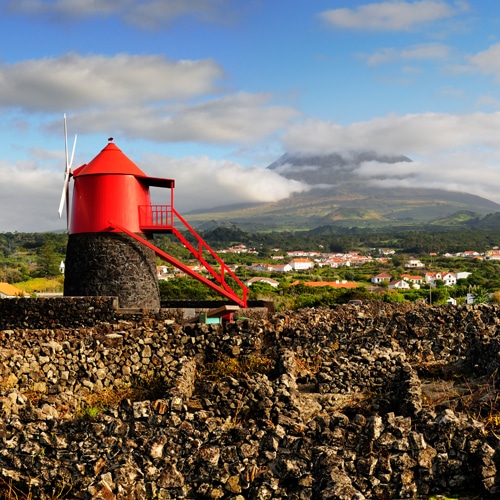
UNESCO recognizes the Pico vineyard landscape as Humanity World Heritage.
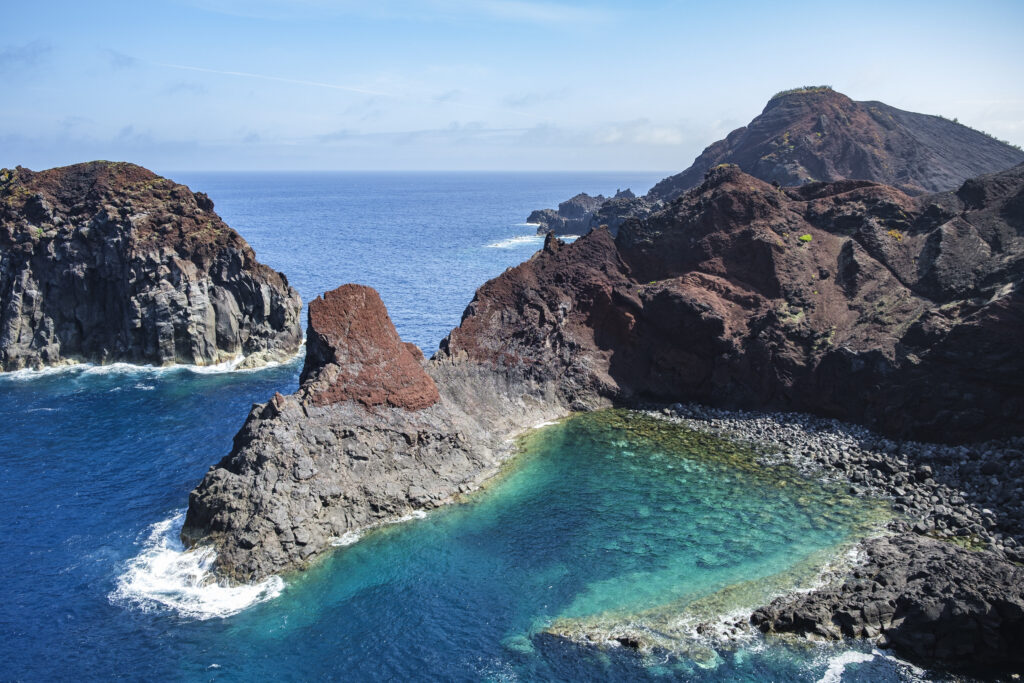
UNESCO recognizes Corvo and Graciosa islands as Biosphere Reserves.
Creation of the Islands Natural Parks
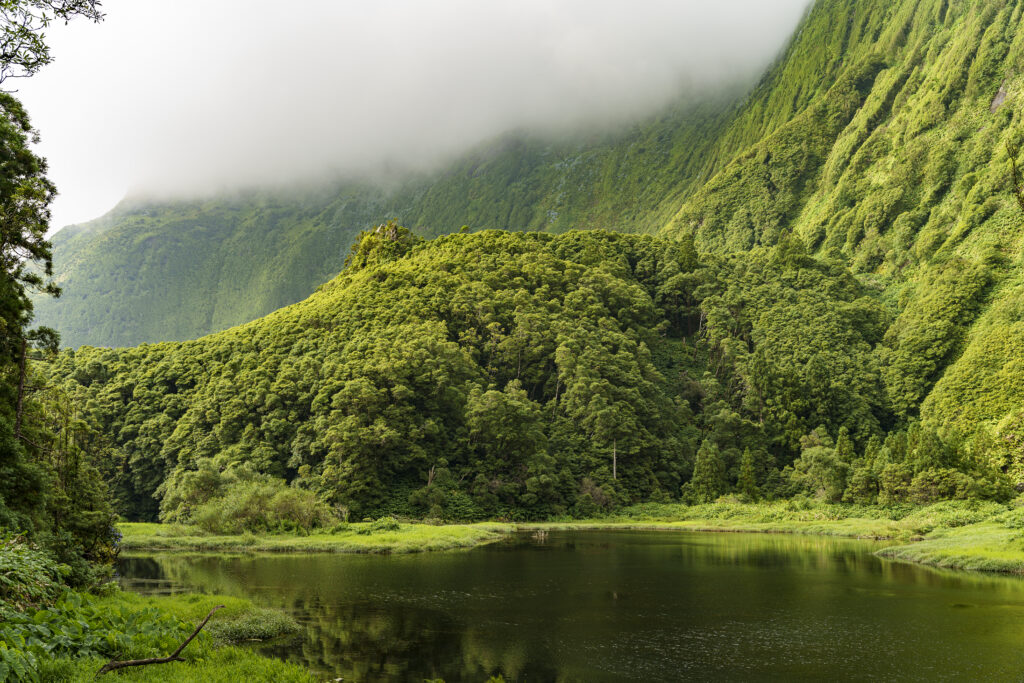
UNESCO recognizes Flores island as a Biosphere reserve.
Creation of Azores Geoparks.
- Azores achieve Quality Cost Top 100
- Azores obtain the European Letter of Sustainable Tourism Charter
- Integration in the European and Global Geopark Networks.
- Azores achieve Gold Quality Cost
Azores achieve Quality Cost Platina.
- Azores Geopark is part of UNESCO
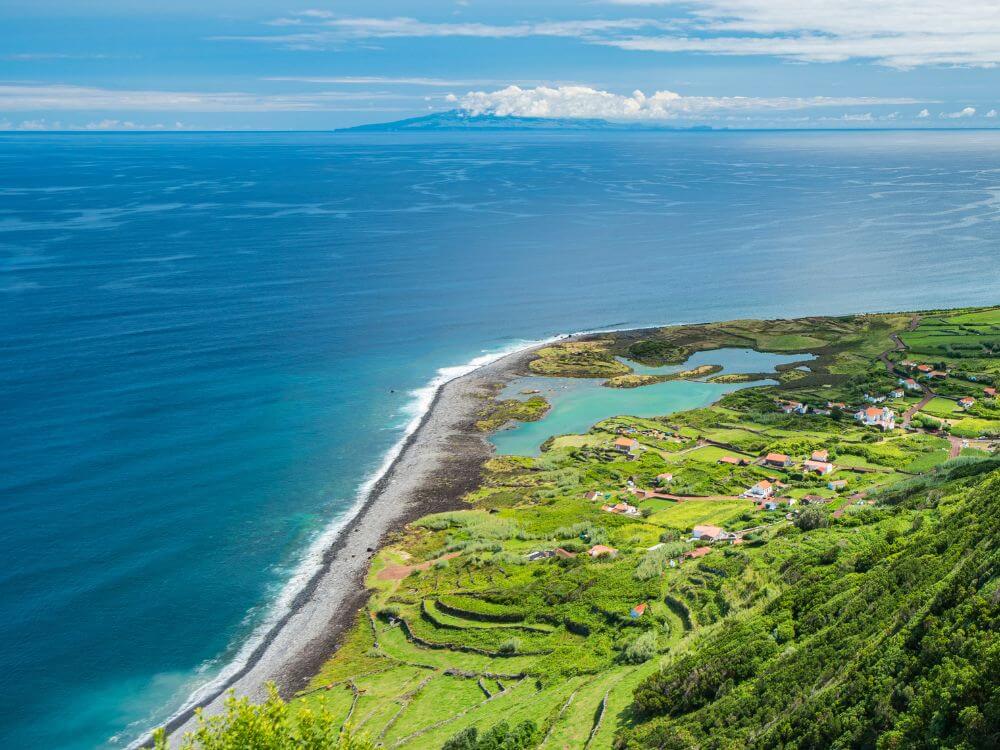
UNESCO recognizes Sao Jorge island "fajãs" as Biosphere reserves.
- Start of the Azores certification process as a sustainable tourist destination (workshops with stakeholders)
- Congress: Azores, on towards sustainability
- Creation of the Azores Sustainability Charter
- Creation of Azores DMO
- Start of the benchmarking process for certification of the Azores as a sustainable tourist destination by Earthcheck
- Azores receive bronze status in the scope of the certification process by EarthCheck.
- The Azores become the first archipelago in the world certified as a sustainable tourist destination.
- Involvement in the BLUE Azores project.
- Launch of the LIFE Vidalia and LIFE IP Azores Natura Programs.
- Azores achive National Prize of Tourism
- European Best Destinations names the Azores as a safe destination for 2021.
- Azores distinguished by Green Destinations in the "Communities & Culture" category.
- The Azores achieved Silver Level III certification as a sustainable tourist destination by EarthCheck.
